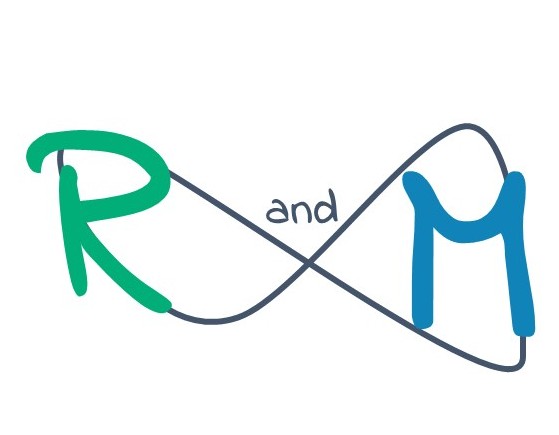Assisted dying

There is an increasing debate going on about ‘assisted dying’ in the UK and elsewhere. In Britain there is a proposal going through the UK parliament for ratification now.
We have always followed a course of action with our patients that is based on a Christian belief in the overall premise of ‘thou shalt not kill’ and the Hippocratic Oath ‘First, do no harm’ which have led us always to make sure that our patients do not suffer. Such action as is needed has been supported by discussion with the patient, medical staff involved, and relatives. That process has included giving them as much appropriate medication and other care as they need to achieve that end.
Terminal care management has embodied all of the above and also includes discontinuing life support, if appropriate. Each end-of-life situation raises separate challenges, but mostly our experience has been that agreement can be reached by all concerned.
We have serious concerns about bringing in some overriding legislation that will result in law taking away the freedom for clinical staff to put adequate relief of suffering as a prime responsibility towards their patients. At the same time, it will allow lawyers, judges and bureaucrats to impose legal generalisations. Such generalisations will undoubtedly lead to more stress for patients, relatives, and staff by interfering with the flow of the patient’s medical care or leading to lengthy legal debate after they have died .
The NHS is overwhelmed currently, and this proposed ‘end of life’ legislation is going to lead to medical issues as, ‘Is this patient curable or not?’ (How about depression?’), ‘How long do they have to live?’ (There will be many unresolvable differences about that’), and more. Again, each patient is an individual.
The use of law to intervene is not appropriate in managing patient care with their clinical staff and their relatives. It is a concentration on humanity and medical knowledge and wisdom that count, not following some law which will cost those involved for legal opinions and actions.
Graeme Archer, writing in the UnHerd journal said:
“Should I meet my end through a painful, lengthy condition like a cancer with no chance of treatment, I want that end to follow a conversation between myself and my physician — or my physician and my (power of attorney holding) spouse — and I want it to be about managing my pain, or my agitation. I’m completely aware of what that means and the very good reasons why it’s impossible to spell it out. With respect to Leadbeater, no MP has the right to insert their desires into that space.
Anyway, the Bill isn’t about palliative care, which is telling. It doesn’t guarantee that its extent won’t creep beyond the will of its writers. It represents one end of a slippery slope, in other words.”
We are also concerned that the new legislation will inevitably be subject to ‘creep’ in the same way abortion laws have been, and for that matter things like life imprisonment for murder. Are the judiciary going to able to ‘interpret’ the law, and are doctors and judges going to be allowed to opt out? What is the position of a doctor who makes up a cocktail and the permission is later found to be flawed? The whole thing is ill thought out, unnecessary, and just plain wrong. There may be safeguards now, but we can, all too easily, see those safeguards being eroded which will probably result in more legal interventions. Consider the David Steel abortion bill, strict conditions initially, now we virtually have abortion on demand. The medical & legal professions should not be involved in an overall law that predetermines actions that involve individual patient care.
To finish we largely agree with Graeme Archer. Every person must be treated as an individual, and the medical profession already aims to do this, and to do it well. We want to block any idea of an overall law that can be applied, considering the likely potential for consequent unnecessary legal actions, court proceedings and possible publicity. Surely, for those who are dying, we wish to avoid that potential to add more stress, pain, discomfort, interference with treatment, and generally causing harm. We should, as far as we can, provide a context of peace and calm, not only freedom from personal suffering.
We should, however, ensure that doctors know how to manage end of life care appropriate for each individual, with the overarching aim to avoid unbearable suffering when there is little or no likelihood of a any successful treatment.
Current palliative care provides as much as it can, but we believe much more can be achieved by extending and improving palliation services rather than setting off on a politically driven, problematic and crude consideration of a topic so important to everyone.
We are a group of concerned doctors, each with around 5 decades of experience in active medical practice – alphabetically: Drs. Ralph Edwards, Iain Forrest Hay, Andrew Higginson, Gordon Read, Mike Spokes, James Wilkinson.
